Be the first to review “Tretinoin 0.1% ( A – RET )” Cancel reply
| Mg | No of Tablets | Price | Quantity | |
|---|---|---|---|---|
| 20G | 1 TUBE | Original price was: $35.00.$8.00Current price is: $8.00. | ||
| 20G | 5 TUBE | Original price was: $175.00.$35.00Current price is: $35.00. | ||
| 20G | 10 TUBE | Original price was: $350.00.$65.00Current price is: $65.00. |

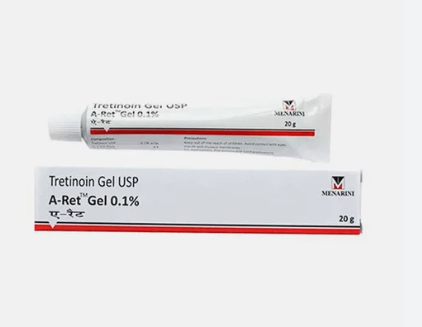
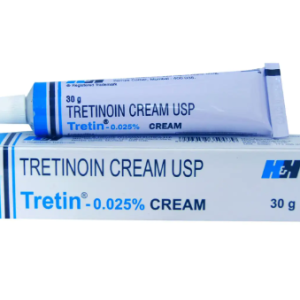
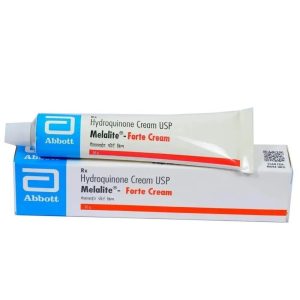
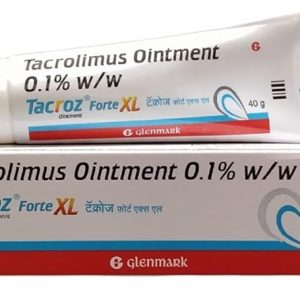
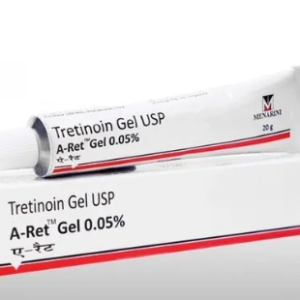
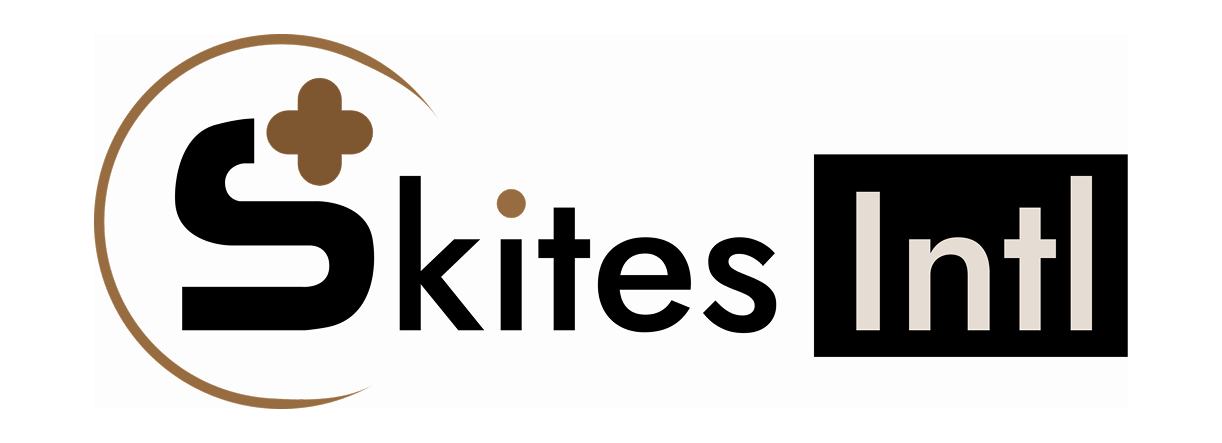

Reviews
There are no reviews yet.